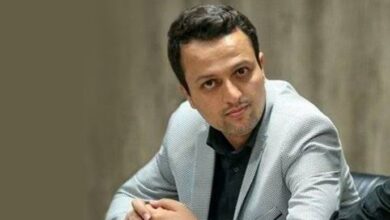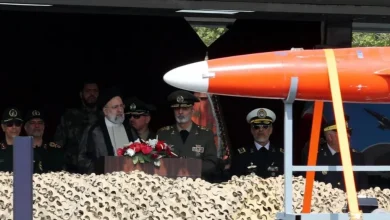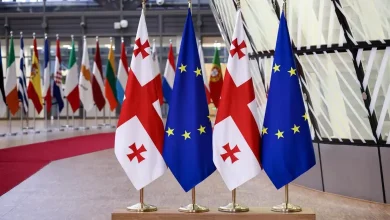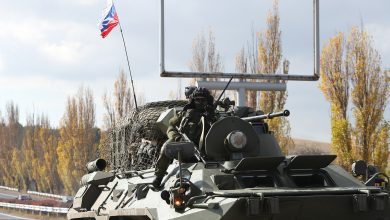EU Enlargement Chief: Bloc wants good ties with Eastern Neighbors, Central Asia

The European Union should respect countries that do not wish to have closer relations with it and should look for ways to build relations with them as well, European Commissioner for European Neighborhood Policy and Enlargement Negotiations Johannes Hahn said in an interview with BNS, Interfax reports.
Speaking about the six countries participating in the Eastern Partnership program, i.e. Moldova, Ukraine, Belarus, Azerbaijan, Georgia and Armenia, Hahn pointed out that these are different countries with different ideas as to how they should build their relationships with the EU, and the EU should work with all of them, as it cannot choose neighbors for itself.
It is critically important now to understand that Europe should decide what its interests are, and these fundamental interests essentially are peace and growth, especially considering the EU’s neighbors, he said.
The EU will do all it can to help the neighboring countries implement the rule-of-law principles and improve their standards of living, Hahn said. While it is easier and more efficient to cooperate with countries wishing to have closer relations with the EU, the EU should also respect the countries whose ideas are different, Hahn said in commenting on the approach that Latvia has chosen toward its relationships with the Eastern Partnership countries during its chairmanship of the Council of the European Union.
Good relations with different countries, including Central Asian ones, which Latvia has declared among the priorities of its chairmanship, are in the EU’s best interests, he said.
The world is multi-polar at the beginning of the 21st century, with no hegemony of one power, the U.S., as it was at the end of the 20th century, and with no competition between two powers, the U.S. and the USSR, Hahn said. The multi-polar arrangement meets the EU interests, as the EU is not a military power, and therefore it is interested in good relations with different countries, including the Central Asian ones, he said.








